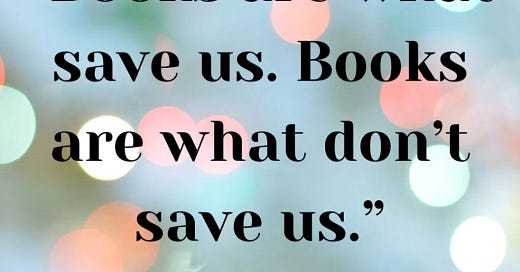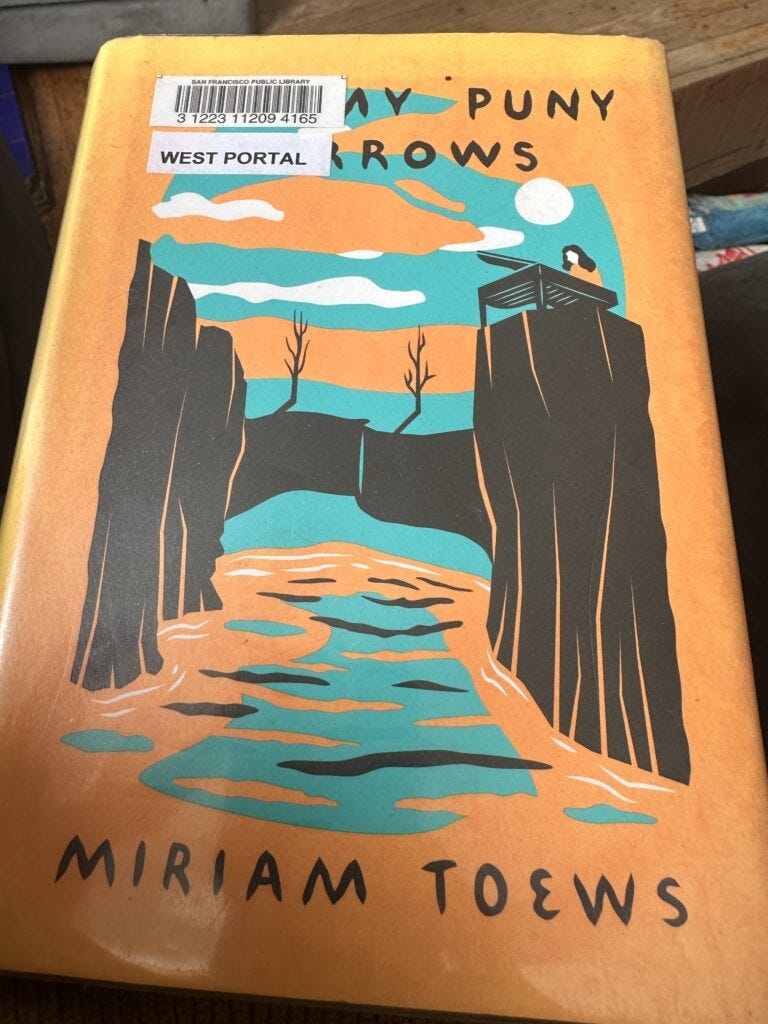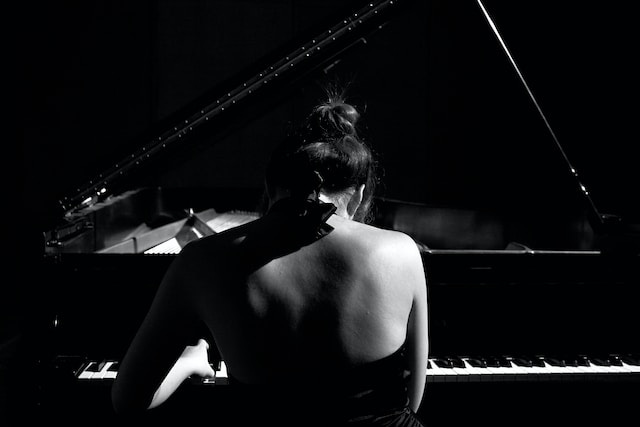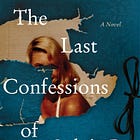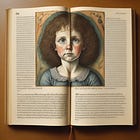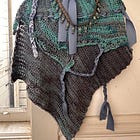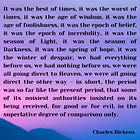Art and Mental Health Novels: All My Puny Sorrows by Miriam Toews
A novel written by an author whose father and sister died by suicide, an experience woven subtly and not-so-subtly through this beautiful work
"All My Puny Sorrows" is a novel by Canadian author Miriam Toews. It was first published in 2014 and has received critical acclaim for its exploration of family relationships, mental illness, and suicide.
The book tells the story of two sisters, Elfrieda and Yolandi, who grew up in a small Mennonite community in Canada. Elfrieda, an accomplished concert pianist, struggles with severe depression and suicidal ideation, while Yolandi, a writer and mother, tries to support her sister while dealing with her own feelings of helplessness and grief.
Through their relationship and shared experiences, the novel explores themes of love, loss, family dynamics, and the impact of mental illness on individuals and their loved ones. The book has been praised for its emotional depth, sensitive treatment of difficult topics, and its nuanced portrayal of mental illness and suicide.
Art and Mental Health in All My Puny Sorrows
"All My Puny Sorrows" explores the relationship between art and mental health in a number of ways. Elfrieda, one of the novel's main characters, is an accomplished concert pianist who struggles with severe depression and suicidal ideation. Throughout the book, her music is depicted as both a source of joy and a source of pain. Her love of music is deeply intertwined with her struggles with mental illness, as her depression and suicidal thoughts often prevent her from playing the piano, even though it is one of her greatest passions.
The novel also explores the idea that art can be a form of therapy or a way to cope with emotional pain. Yolandi, Elfrieda's sister, is a writer who uses her craft as a way to process her own feelings of grief and despair. Through her writing, she is able to give voice to her own pain and to connect with others who have experienced similar losses.
Moreover, the novel delves into the idea that creative expression can be a way to find meaning and purpose in life. Both Elfrieda and Yolandi are artists who are deeply committed to their crafts, and their artistic pursuits give their lives a sense of direction and meaning even in the midst of their struggles.
Art in All My Puny Sorrows
Here are ten references to or ways that art shows up in "All My Puny Sorrows":
Elfrieda's love of music and her career as a concert pianist.
The descriptions of Elfrieda's performances, which are described as emotional and powerful.
Yolandi's own career as a writer, and the descriptions of her writing process.
Yolandi's struggles with writer's block after her sister's suicide attempts.
The role of literature and poetry in helping Elfrieda cope with her depression.
The description of a painting by the artist Paul Klee that Yolandi finds particularly inspiring.
The idea that art can be a source of inspiration and healing, even in the midst of profound emotional pain.
The role of creative expression in helping characters process their grief and trauma.
The descriptions of the Mennonite community in which the sisters were raised, which values simplicity and practicality over artistic pursuits.
The contrast between Elfrieda's passion for music and her struggles with mental illness, which highlights the complex relationship between creativity and emotional pain.
Mental Health in All My Puny Sorrows
Here are ten references to mental health in "All My Puny Sorrows":
Elfrieda's struggles with depression and suicidal ideation.
The descriptions of Elfrieda's hospitalizations and treatments for her mental illness.
The impact of Elfrieda's mental health on her family members, particularly her sister Yolandi.
Yolandi's own struggles with anxiety and depression.
The description of the Mennonite community's attitudes towards mental illness and therapy.
The role of medication in managing Elfrieda's depression.
The way in which Elfrieda's mental illness is stigmatized by some of the characters in the book.
The descriptions of Elfrieda's therapy sessions and the ways in which she works to manage her illness.
The idea that mental illness is often invisible and difficult to understand for those who have not experienced it.
The complex emotional dynamics between family members in the face of mental illness, including feelings of guilt, shame, and helplessness.
All My Puny Sorrows Quotes
Here are ten quotes from "All My Puny Sorrows" about art and mental health:
"I saw the impromptu choir repeating the line about everyone having holes in their lives, and so beautifully, so gently and with such acceptance and even joy, just acknowledging it, and I realized that there are ways to do it, just not the ones that I’d been trying.”
“When I listened to her play I felt I should not be in the same room with her. There were hundreds of people but nobody left. It was a private pain. By private I mean to say unknowable. Only the music knew and it held secrets so that her playing was a puzzle, a whisper, and people afterward stood in the bar and drank and said nothing because they were complicit. There were no words.”
"Writing is my one chance to stand up and shout, I matter, I'm somebody, and somebody cares about me."
“Go into hard things quickly, eagerly, then retreat. It’s the same for thinking, writing, and life.”
“Books are what save us. Books are what don't save us.”
“I stare out of the window and reflect on the similarity between writing and saving a life and the inevitable failure of one’s imagination and one’s goals and ambitions to create a character or a life worth saving. In life as in writing as in any type of creation that sets off to be a success, knowable and inspiring.”
"That it prevented us from repeating shameful actions and that it motivated us to say we were sorry and to seek forgiveness and to empathize with our fellow humans and to feel the pain of self-loathing which motivated some of us to write books as a futile attempt at atonement, and shame also helped, I told my friend, to fuck up relationships and fucked-up relationships are the life force of books and movies and theater so sure, let’s get rid of shame but then we can kiss art goodbye too.”
“The accordion is the best instrument for mournful occasions because it is melancholy and beautiful and cumbersome and ridiculous at the same time.”
“He had honestly thought music would save her life. Well, said my mother, it probably did, for as long as she was alive.”
"Her whole life had been about music, and then suddenly, it wasn't. And I think that's why she started to get sick. That's what it was for her, her music, the one thing that mattered, the thing she'd devoted her life to, it was slipping away."
Others Words
"All My Puny Sorrows" has been widely praised for its exploration of the relationship between art and mental health. Critics have noted the way in which the novel deftly weaves together themes of creativity, mental illness, and the search for meaning in a complex world. The following are some quotes from reviews and articles about the book's exploration of art and mental health:
"The dialogue is realistic and funny, and somehow, almost magically, Toews gets away with having her characters discuss things like books and art and the meaning of life without seeming pretentious or precious; they’re simply smart, decent and confused." - The New York Times
"What holds this novel together, stops it from becoming saturated with sorrow, is a wit so sharp it hurts to laugh at certain scenes. Toews evocatively conjures landscapes, from the small town in which the family live to the “dark, jagged outcroppings of the great Canadian Shield”. She also takes us on a heart-rending journey through her characters’ emotional landscapes, via the cruel terrain of despair in which Elf becomes stranded, shedding light on the darkest of places." - The Guardian
"Later, Yoli looks at the pile of books Nic had brought back. “They had failed,” she writes. “Books are what save us. Books are what don’t save us.”
These words are also a hint as to how the writing process works for Toews herself — can the act of writing save her? Can it help her to understand her family, to move through the grief?
In describing how her mother tells stories, Yoli writes: “My mother was often asked to write eulogies because she had a breezy style that was playful, good with details and totally knife-in-the-heart devastating.”
This, you read, is what Toews admires and is striving for herself. A eulogy to her sister, to her father. A writerly kind of eulogy.
And she succeeds."
Author Miriam Toews and Mental Health
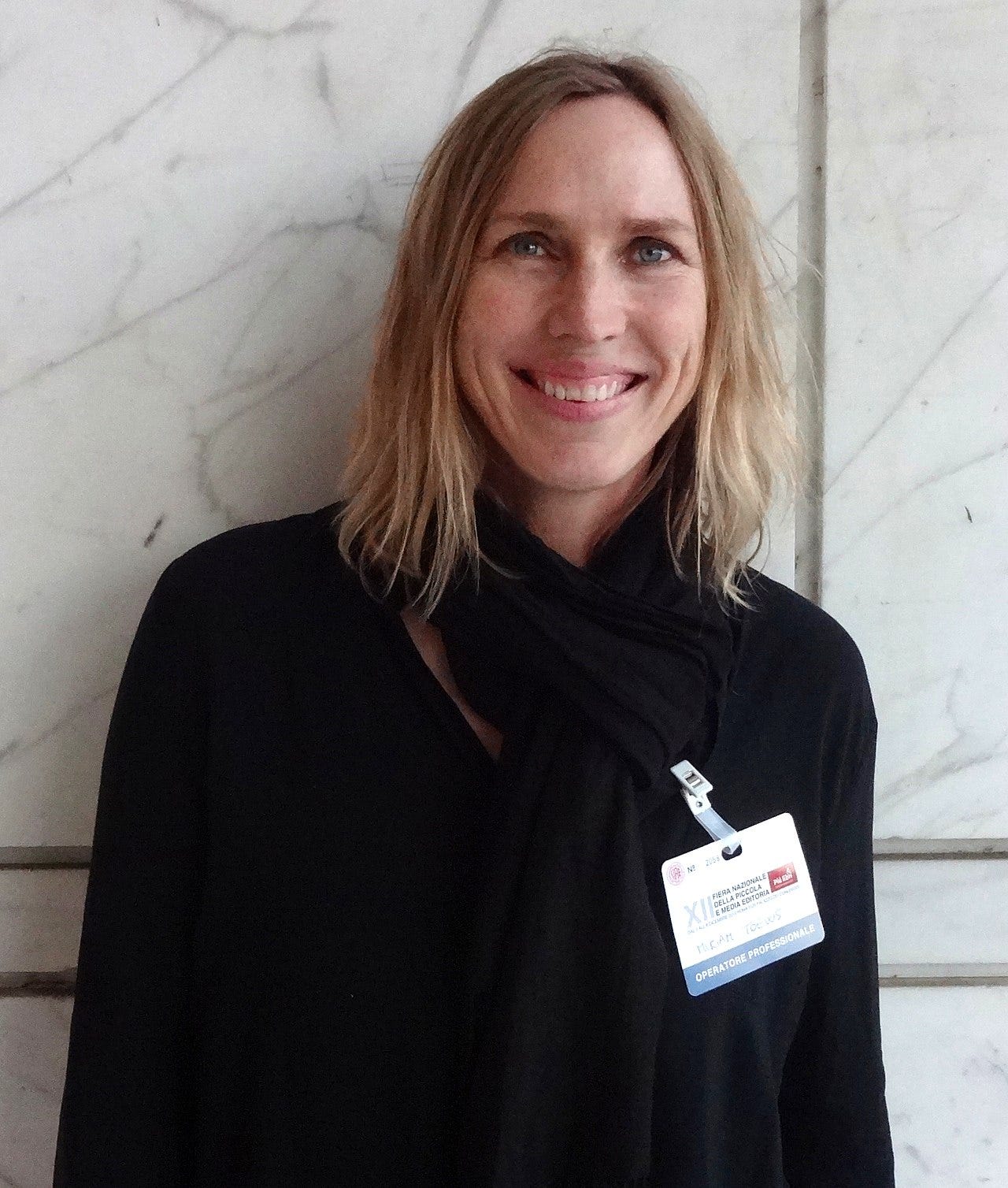
Miriam Toews is a Canadian author and screenwriter born on April 4, 1964 in Steinbach, Manitoba, Canada. Toews has written several critically acclaimed novels, including "A Complicated Kindness" and "Women Talking", as well as several screenplays. Her work often explores themes of family, faith, mental health, and the experience of growing up in a Mennonite community.
Miriam Toews has been open about her family's struggles with depression and anxiety. In her memoir "Swing Low: A Life", she describes her father's experiences with bipolar depression and the ways in which it has impacted her own life and work. Miriam Toews' personal experiences with suicide are widely believed to have influenced her writing of "All My Puny Sorrows." Toews' father died by suicide in 1998, and her sister Marjorie, who struggled with depression and mental illness, died by suicide in 2010. Toews has spoken openly about the impact of these losses on her life and her writing. In interviews, she has discussed the difficulty of coming to terms with her family's history of mental illness and suicide, and the ways in which writing has helped her to process and explore these experiences. The character of Elfrieda in "All My Puny Sorrows" is believed to be inspired in part by Toews' sister Marjorie, and the book explores themes of grief, loss, and the impact of suicide on family members.
In interviews, she has discussed the ways in which her own experiences have influenced her writing. In an interview on the American Studies Blog, she says,
"Writing is how I process things, how I stay sane, alive, and healthy. I have to write. I have to make sense of everything, trauma, life, absurdity, pain, joy through narrative. I don’t necessarily have to publish, but I definitely have to write."
If you read this far, perhaps you liked the work. The work does take work. It only continues with support, so please consider subscribing. My annual rate starts at $10 per year.

